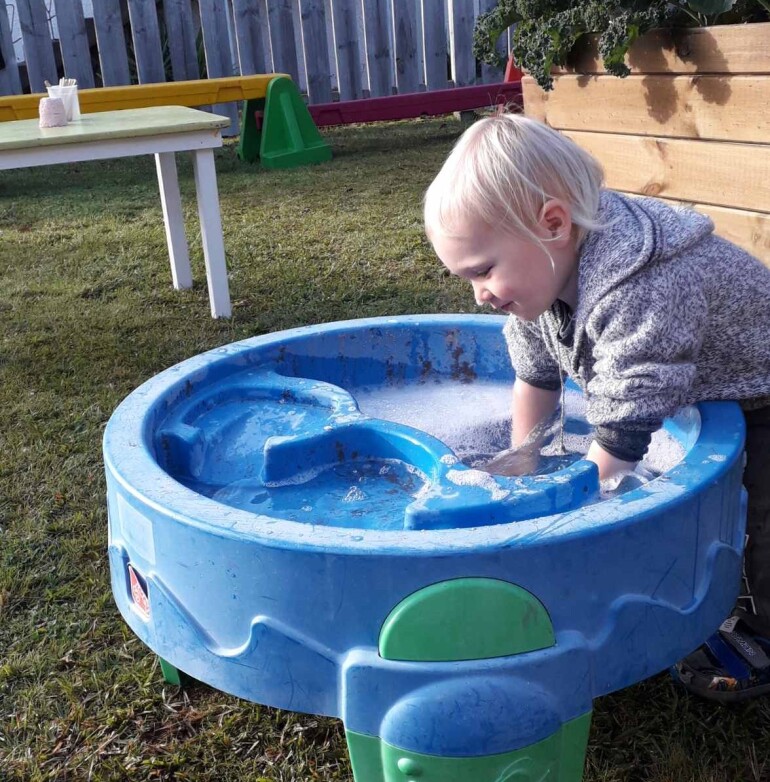News And Events

Keeping Toddlers and Babies Safe Around Water
5 December 2022Summer means more time spent around water. At our Educator’s homes, the safety and supervision of children in and around water is of the highest priority. This relates to water play, paddling pools, swimming pools and excursions near water. When you’re out and about this Summer with your whānau, the team at Water Safety New Zealand have these eight ways to keep babies and toddlers water safe:
1. Constant active adult supervision at all times
Always keep babies and toddlers within arms' reach around water. It takes less than a minute for a child to drown. In 2017 six under fives lost their lives in preventable drowning incidents.
2. If you're in a group, have an active adult supervision roster
Don't rely on older children to supervise younger ones in, on or around water. Constant active adult supervision is required at all times.
3. Identify water hazards in and around the home
Ensure your pool is properly fenced and complies with the safety requirements under the new pool safety legislation that came into effect on 1 January 2017.
Ensure your pool has properly working safety latches. Empty water from unused paddling pools, buckets and containers after use and ensure you have a safely fenced play area. Also when on holiday check for water hazards and ensure pool gates are secure and locked at all times.
4. Use your Water Safety bathmat at bath times
We work with Plunket to supply bathmats to new parents to keep our toddlers and babies safe at bath time. The bathmats stop your child from slipping and reinforce the message that you should NEVER leave your baby or toddler unsupervised in the bath even to answer the phone.
5. Avoid distraction
Put your phone away when supervising children around water. Their lives are in your hands and their safety requires your full attention. A child can drown in the time it takes to read a text message.
6. Teach your children water safety behaviour
As soon as they are old enough to understand, teach your children things like: ‘Never go near the water unless you’re with a grown up’. It is important our children are taught that while water is to be enjoyed, it must also be respected. It is imperative they are taught about the risks and dangers associated with water based activities.
7. Lifejackets
These are essential on a boat, must fit snuggly and have a crotch strap. Lifejackets should be worn whenever your child is around water as accidental immersions are a leading cause of preventable drowning fatalities in New Zealand.
8. Support your child and give them enjoyable and positive early experiences around water
It is important to begin your child's aquatic education early and is as simple as taking them to a pool for a fun splash around. It is crucial that every New Zealander can learn to enjoy the water from an early age so they can learn essential aquatic skills to keep them safe.


